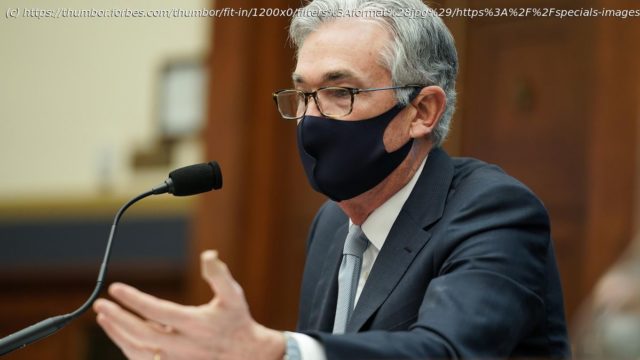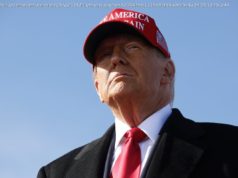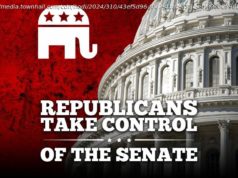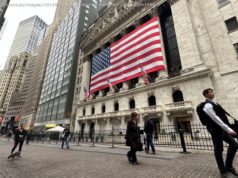If the Fed were even a fraction as powerful as some believe, then the U.S. economy would be so small as to not rate attention.
When James A. Baker first visited the Soviet Union in the 1980s, George H.W. Bush’s secretary of state was stunned by how desperately run down Moscow was. Central planning is economically brutal. It certainly was for Moscow, and for all capital cities of countries that experimented with government control of the economy from the proverbial Commanding Heights. What Baker saw came to mind while reading the latest piece from Wall Street Journal Fed-watcher Greg Ip. Ip’s focus on the Fed perhaps understandably has him wondering if President Biden will re-appoint Fed Chairman Jerome Powell when his term expires next February. That Ip is wondering about who will next lead the central bank is the surest sign it doesn’t matter. Think about it. If the Fed were even a fraction as powerful as Ip tells readers (seemingly in winking fashion?), as in if it could plan the economy as Ip seems to contend, then the U.S. economy would be so small as to not rate attention. And pundits would most certainly not contemplate who was running (or will run) the central bank. The irony is that the Fed generates enormous attention from the pundit class precisely because it’s not terribly relevant. If it were, the economy would be in such desperate shape that there wouldn’t be sufficient wealth to support reporting on the central bank, nor would there be so many credentialed economists eager to curry favor with the same central. Word has it employment at the #1 employer of economists is rather cushy. To see why, consider Ip’s assertion that “few institutions influence” employment and inflation “more than the Federal Reserve.” No, he probably doesn’t really think that. What influences employment is investment. The latter is a consequence of savings, of unspent wealth. The Fed has neither. It’s an outsourced entity of Congress, which means the Fed has no resources just like Congress does not.
Домой
United States
USA — Financial Will President Biden Re-Appoint Jerome Powell? It Really Doesn’t Matter.






